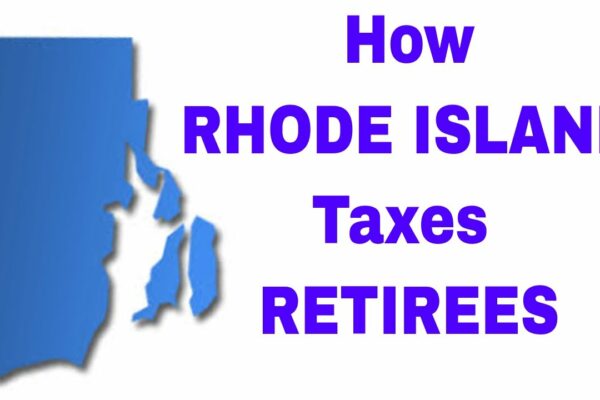
Is it necessary for Rhode Island to impose taxes on pension payments?
Rhode Island, like many states, faces a pressing fiscal challenge: sustaining its pension system. As policymakers deliberate on potential solutions, one option being considered is imposing taxes on pension payments. This article aims to explore the necessity of such a move, analyzing its potential impacts on retirees and the state’s financial stability. By examining both sides of the argument, we can gain a comprehensive understanding of the issue at hand.






